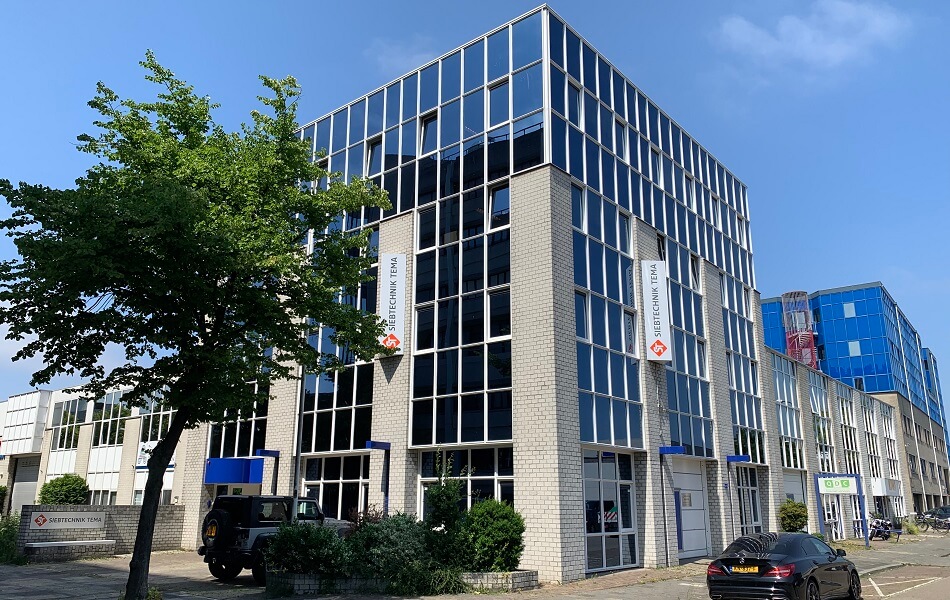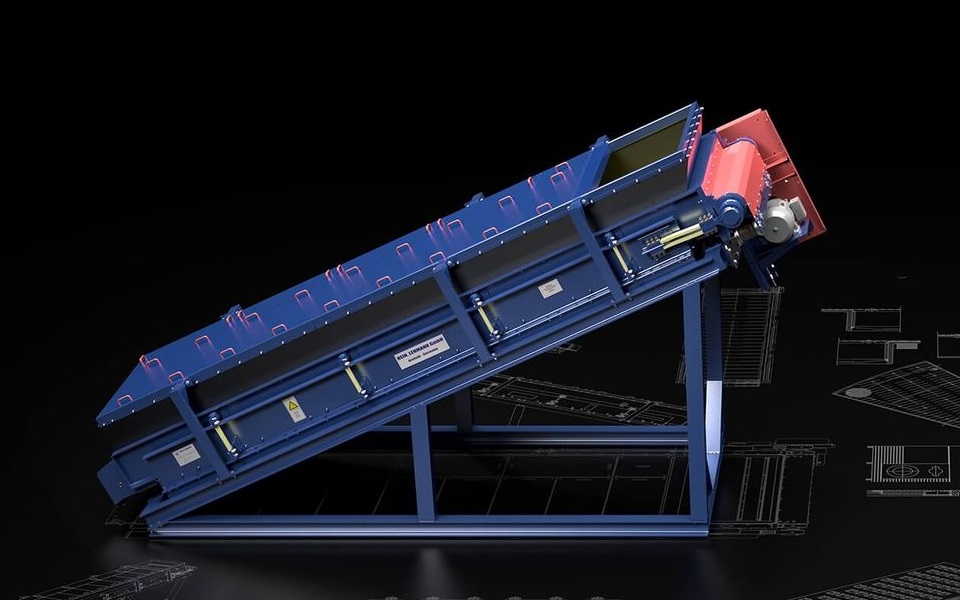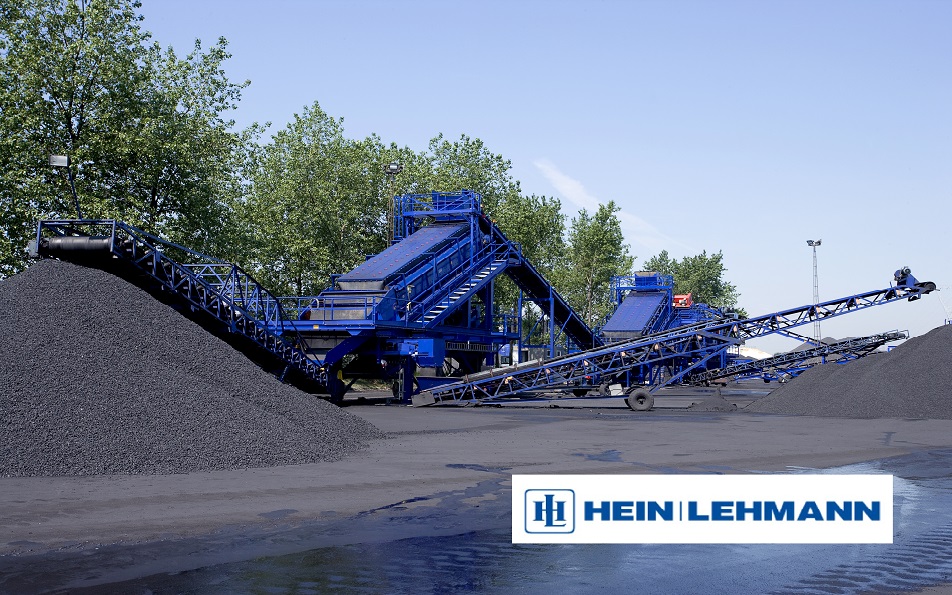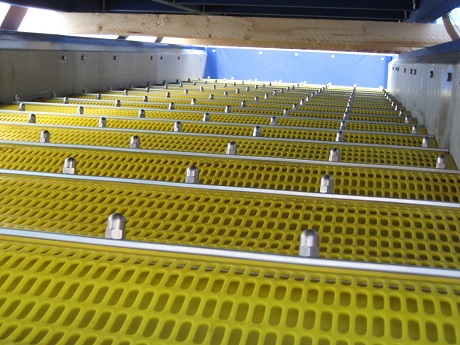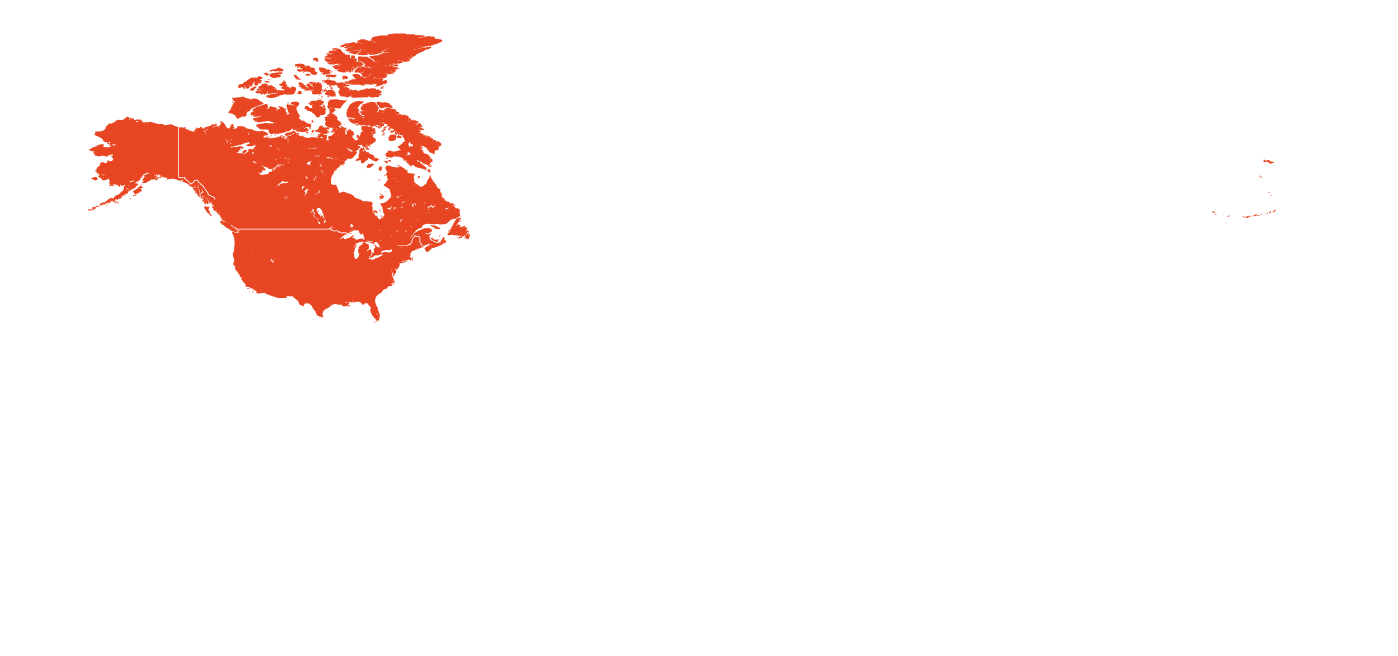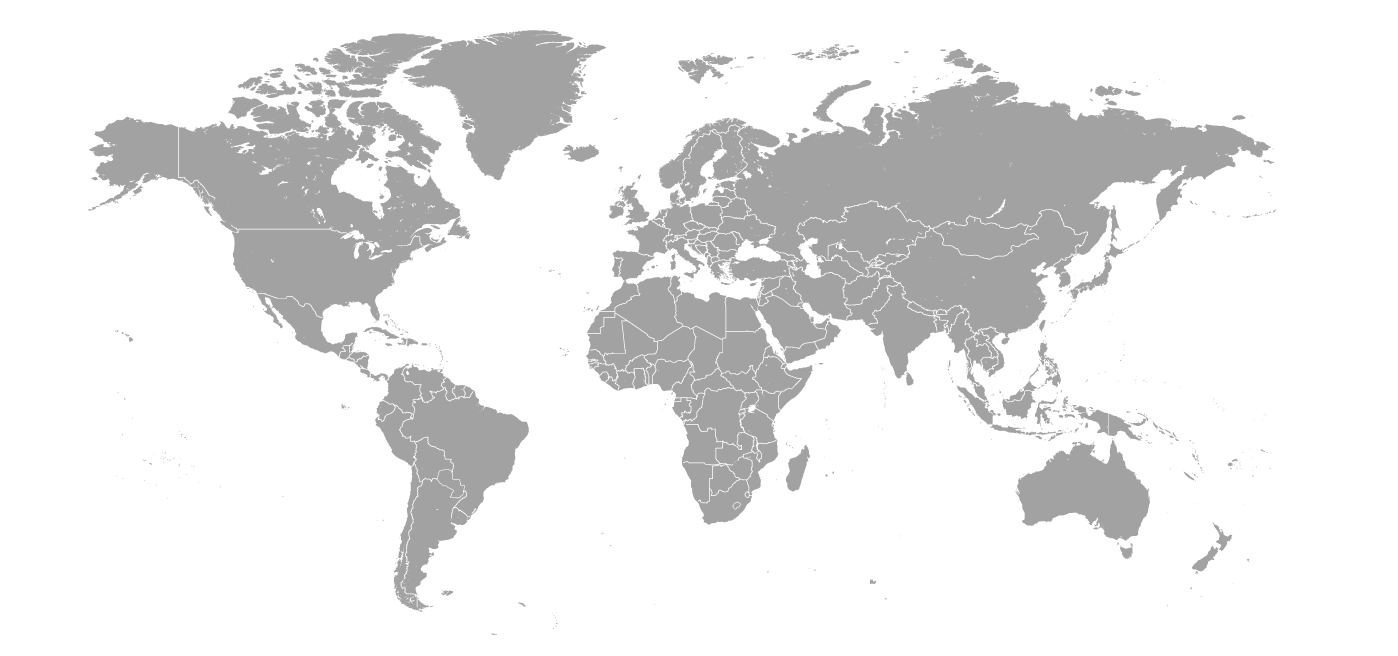The best seller of the LIWELL® screening machines – Type LF – is characterized by its unique properties:
- Two screen cases are brought into forced counteracting linear movement over an eccentric shaft
- Cross bars alternately fixed to the inner and outer screen cases permanently change in this way their distance to each other
- Flexible screen mats attached to the cross beams are loosened, tensioned and stretched through the distance change.
The simple and solid machine construction is only exposed to small acceleration forces (2-3 g) during being in operation. A long service life of the machine components is the result of this mode of operation.
The Type LF is available as a single-deck and as a double-deck variant:
- The single deck variant is available with screening areas between 2.5 m² and 26.5 m²
- The double deck design has screening areas between 2 x 2.5 m² and 2 x 19.4 m².
The individual structuring of the machines allows delivery according to customers’ requirements, i.e. “customized”:
- Optionally additional dust protection provisions
- Color according to customer requirements
- Different divisions of the screen mats
- Side sealings of the screen mats in case of fine separations or in operation with sprinkling
- Optional wear-protection precautions through rubber coatings or utilization of HARDOX plates and ceramics.
- Mobile or semi-mobile constructions for more flexibility
The LIWELL® screening machines Type KT for fine screening of coarse feeding materials:
Through a symbiosis of circular vibration and flip-flow screening, it is possible to classify coarse bulk materials with the LIWELL® KT type.
The upper deck is operated as a circular vibratory unit and serves as a protection deck. On the lower deck, the difficult to screen fine separation is executed by means of flip-flow movement.
According to requirement, the protection deck (upper deck) can be equipped with all types of screen panels and exchange systems. On the lower deck, the well-proven LIWELL® screen mats make sure an effective fine screening.
With screening of different materials, two problems mainly occur:
•Clogging of the screen panels through caking due to the content of moisture of the feeding material
•Sticking grains in the perforation through the grain shape
Flip-flow screening machines offer an appropriate solution to both problems. The high acceleration (up to 50 g) on the screening surface prevents or reduces screening problems through clogging and sticking grains. The kinds of application are almost unlimited in this case.
Frequent applications are:
•Screening of mineral materials, such as raw sand, crushed stone sand, ores etc.
•Sieving of coal and coke
•Separation of recycling materials, such as compost, domestic waste, slag, matured timber and glass.
The cut sizes achieved depend on the kind of application and on material properties. They start with approx. 0.5 mm and end with approx. 40 mm.
